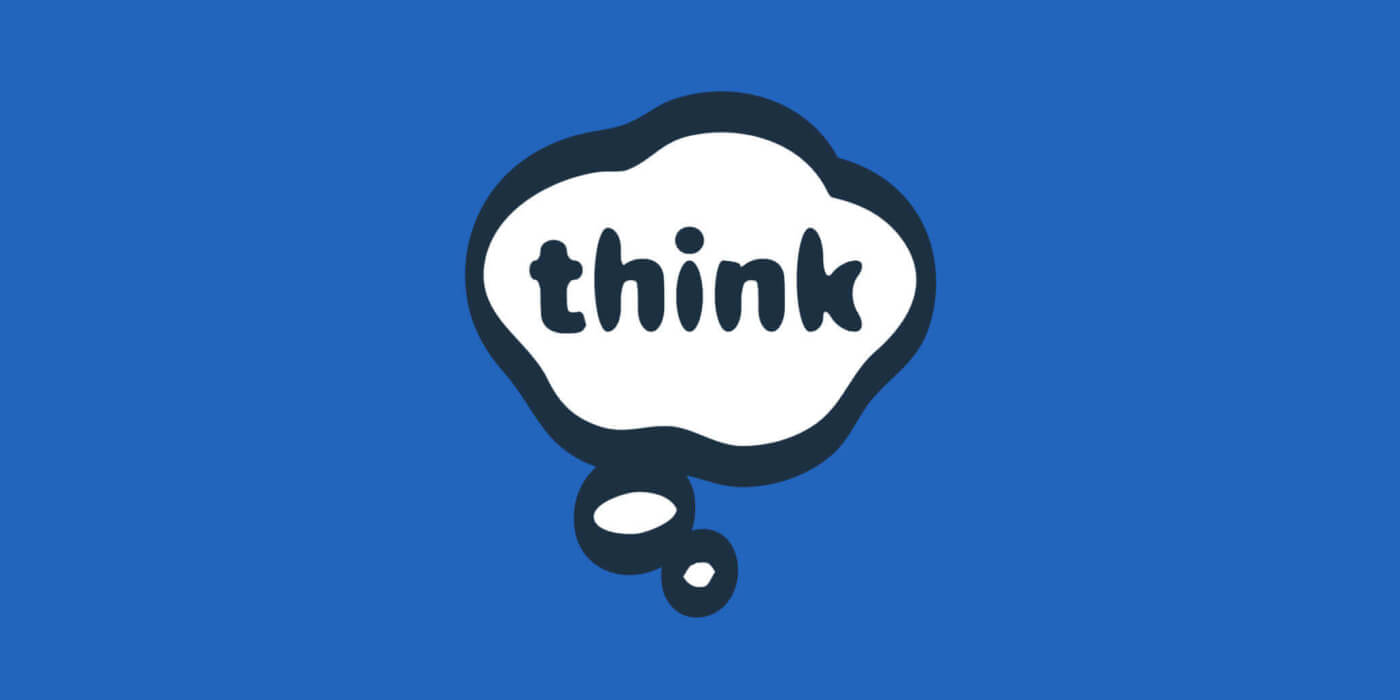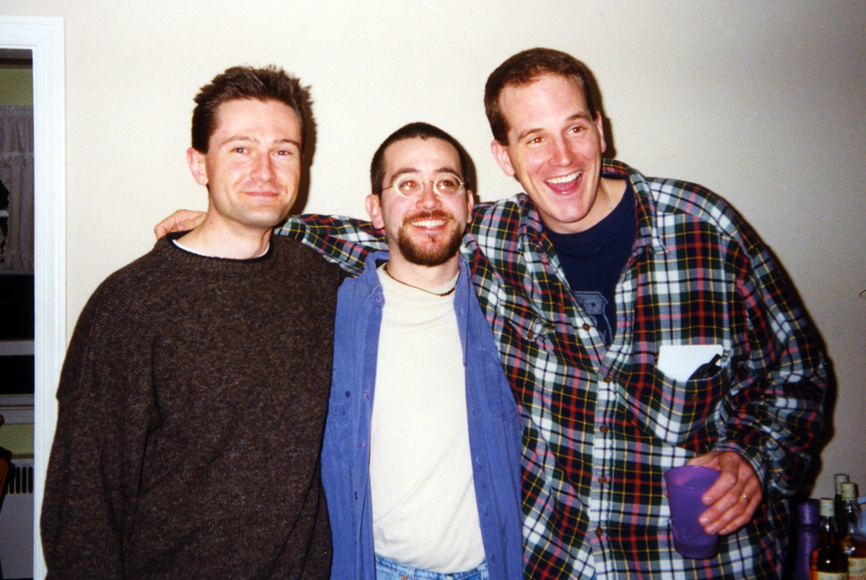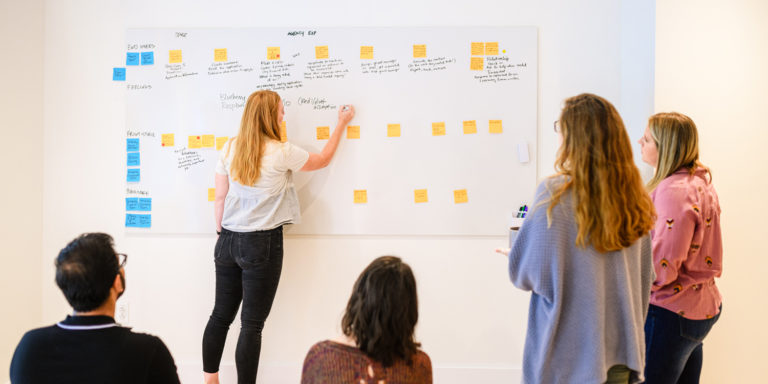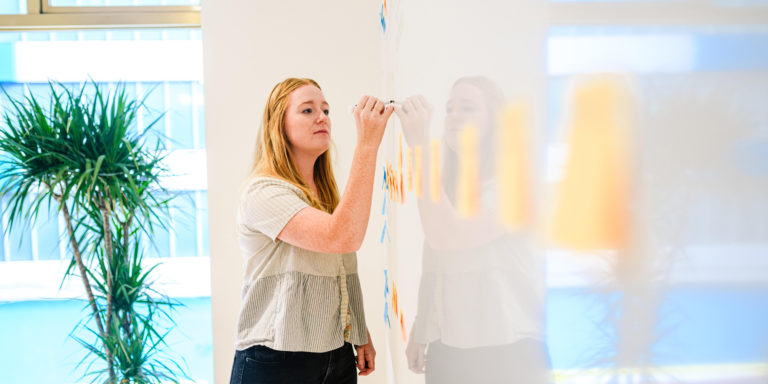Tough Love For UX Candidates

A little while ago, Phil Charron and I were asked to speak to seniors in a design program at a local university. The idea was that we’d share a little bit about the company, who we are and the kind of work we do, and then really dig into the kind of people that we hire and what we look for in candidates.
Phil and I have worked together on and off for 17 years now, and we co-taught the capstone course in the Instructional Design Masters Program at Philadelphia University for 11 of those, so we’ve got a shorthand when it comes to presenting—and rarely throw one another a curve ball that can’t be hit. But as our talk progressed, I kept thinking about the purpose of our visit, and marveled at what I was seeing in the audience. We may not be the most dynamic duo of all time (this is only because Phil refuses to learn my 1980s PSA-style UX raps), but I was baffled by one guy who was literally asleep with his head on his book bag. Look, I remember what college was like, but we’re talking about a senior here, looking to get a job in the UX field next year, with two folks who make hiring decisions at his disposal.

So, as we started coming to the close of the Q&A portion, I said more or less the following. Though I stand by every word, I later questioned whether I should have taken this detour… but Amanda Kalk told me “I couldn’t believe you said that… it was so awesome, and it’s exactly what people need to hear.” I appreciated the feedback and we decided based on very positive response to a post by Phil on “Advice For Seeking A Career In UX“, this would be a helpful follow-up for people looking for such.
CUE DIATRIBE:
As I’ve been watching this audience while we’ve been up here talking, I can tell you that there are about 10 of you that I’d be interested in talking to afterward. I feel this way based on simply observing you for the past half hour. Anyone other than those 10, you’d have to go a long way to convince me you’d make a legit UX designer. Especially the guy who is sleeping [he perked up at this, looked around, and then put his head back down].
You want to make a good impression? You want to get a great job in the field? You want to convince me that you’d be a solid long-term investment? Having the magic bullet points on your resume or a degree from a respectable institution is only a piece of the puzzle, and it means far less to creative, smart employers (the kind you want to work for) than you probably think. Those things are anchored in time, and have the potential to become irrelevant.
Above all else, you need to embrace and demonstrate three things:
Be PRESENT.
Force yourself to stay in the moment when you’re with others, and turn off all of the outside noise in your head. Listen to and absorb what is being said. Give your damn phone a rest. Believe me, I know how hard this can be, but there’s no better way to demonstrate your lack of focus and lack of respect for others than pulling that thing out every time someone stops to take a breath or there’s a minor lull. It’s distracting, it sacrifices real interactions for artificial ones, and it’s simply unprofessional. Be here, now. Make it a point to be present at all times and you’ll be amazed at how great it makes you and those around you feel—and how your esteem will accordingly grow in the minds of others.
Be ENGAGED.
Being present is the absolute minimum; being engaged is taking that up a notch. Interact, ask questions, share stories and opinions. Suddenly the time is flying by, you’re getting better at what you do, becoming more knowledgeable simply by osmosis, and you’re building lasting, real relationships. Anyone who has had a successful career will tell you that without those relationships, it’s gonna be an uphill battle. As technology and process continue to evolve and change at an ever increasing rate, you’re going to need to stay on top of that wave and adapt—and maybe even more importantly, convince people that you’ve got the potential and resources to do it.
Be CURIOUS.
Further building on the other two, what I mean by this is that if you really want to be successful in UX, then curiosity is something you never turn off. You can learn from every little micro-interaction you have throughout the day with things physical, digital, informational and emotional. It’s not cliché to be a “lifelong learner” if you mean it—constantly ask “why” (even if just in your head), think about how that seemingly innocuous thing could be done better, turn over stones, and learn a little about a lot. That will serve you well no matter the profession, but when it comes to UX it’s a serious asset—not necessarily the knowledge, but the discipline of interacting with the world in this way. And, the more you stay curious about the latest and greatest way of doing things, new processes, new tools, new platforms, etc., the less likely you are to be a certified expert in something that was hot 10 years ago and up the creek without a paddle today.
The best I can say about your resume is that it’ll get your foot in the door. Don’t rely on it taking you any further, especially for very long. Be present, be engaged, be curious. That’s what gets (and keeps) you hired, if you want to be in the business of rewarding thought work.



